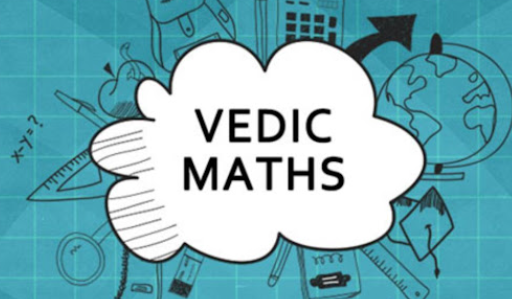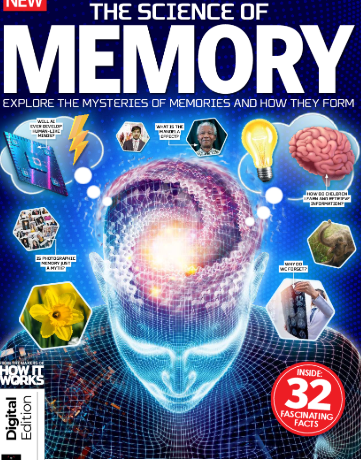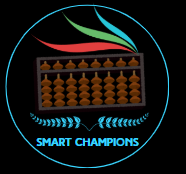
The abacus is an essential tool that helps in developing strong mathematical skills, particularly in mental arithmetic. It enhances concentration, memory, and problem-solving abilities by allowing users to visualize numbers and perform calculations efficiently. For young learners, the abacus provides a hands-on approach to understanding basic arithmetic operations like addition, subtraction, multiplication, and division. It is especially beneficial for children with learning difficulties, such as dyscalculia, as well as for visually impaired individuals who rely on touch-based learning. Additionally, the abacus remains useful in various practical applications, such as business transactions and quick calculations, particularly in some Asian countries where traditional counting methods are still in practice. By reducing dependence on calculators and encouraging logical thinking, the abacus serves as a powerful tool for both education and everyday life.

Vedic Mathematics is an ancient system of mathematical techniques derived from the Vedas, specifically the Atharvaveda. It offers simplified and efficient methods for solving complex arithmetic problems, making it an essential tool for students, competitive exam aspirants, and anyone looking to enhance their mathematical skills. The need for Vedic Maths arises from its ability to improve speed and accuracy in calculations, reducing dependency on conventional methods and calculators. It enhances mental agility, sharpens memory, and promotes logical thinking, making problem-solving faster and more intuitive. Additionally, Vedic Maths simplifies complex operations such as multiplication, division, square roots, cube roots, and algebra, making mathematics more accessible and enjoyable. It is particularly beneficial for students preparing for competitive exams like JEE, CAT, and banking tests, where time management is crucial. Overall, Vedic Mathematics serves as a powerful tool for developing a strong mathematical foundation and fostering a love for numbers

Good handwriting is an essential skill that plays a significant role in both academic and professional life. Clear and legible handwriting enhances communication by ensuring that written information is easily understood by the reader. In academics, neat handwriting helps students score better, as well-organized answers create a positive impression on examiners and reduce the chances of misinterpretation. It also improves cognitive skills, hand-eye coordination, and concentration, making the learning process more effective. Professionally, good handwriting is crucial in fields that require written documentation, such as teaching, medicine, and law, where clarity and precision are vital. Additionally, it reflects an individual’s personality, discipline, and attention to detail. In an age dominated by digital communication, good handwriting remains a valuable skill, as it fosters creativity, enhances memory retention, and adds a personal touch to written communication

Memory science is essential for understanding how the brain stores, processes, and retrieves information, playing a crucial role in learning, decision-making, and overall cognitive development. A strong memory enhances academic performance, improves problem-solving abilities, and boosts productivity in professional life. It also helps in retaining knowledge for longer periods, making learning more efficient and effective. Memory science is particularly beneficial in fields such as education, psychology, and neuroscience, where techniques like mnemonics, spaced repetition, and active recall are used to enhance memory retention. Additionally, it aids in preventing cognitive decline and supports mental health by promoting brain exercises and healthy lifestyle choices. In an era of information overload, mastering memory techniques helps individuals process and recall vast amounts of data quickly, making it an invaluable skill for students, professionals, and researchers alike.

Coding is an essential skill in today’s digital world, playing a crucial role in technology, innovation, and problem-solving. It enables individuals to create software, develop websites, automate tasks, and build applications that power various industries, including healthcare, finance, education, and entertainment. Learning to code enhances logical thinking, analytical skills, and creativity, as it requires breaking down complex problems into simple, executable steps. In an era dominated by artificial intelligence, data science, and cybersecurity, coding knowledge provides a competitive edge in the job market and opens up vast career opportunities. Additionally, coding fosters a mindset of continuous learning and adaptability, essential in a rapidly evolving technological landscape. Even for non-programmers, understanding the basics of coding can improve digital literacy and efficiency, making it a valuable skill for both personal and professional growth
